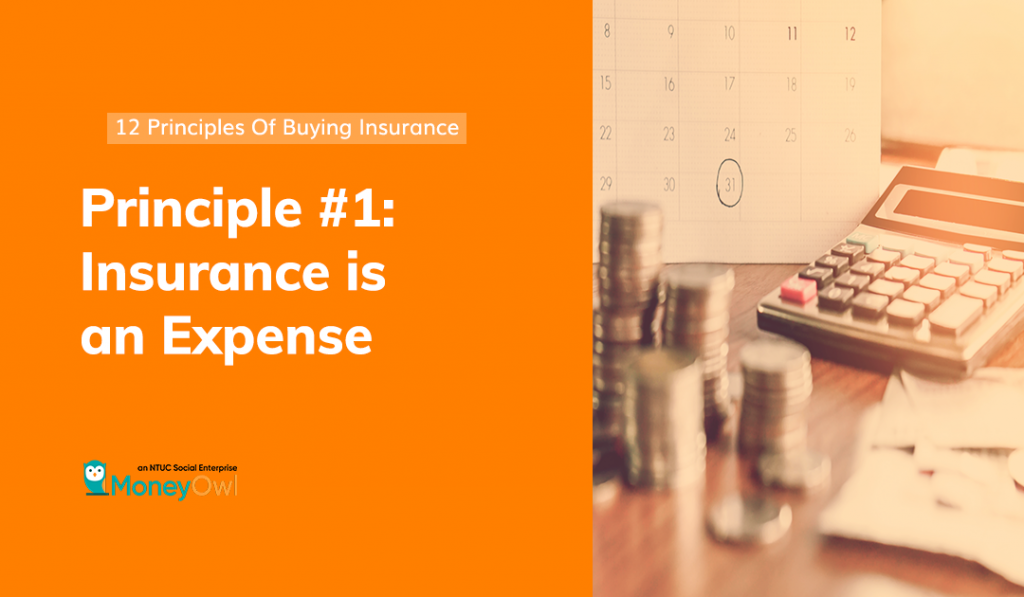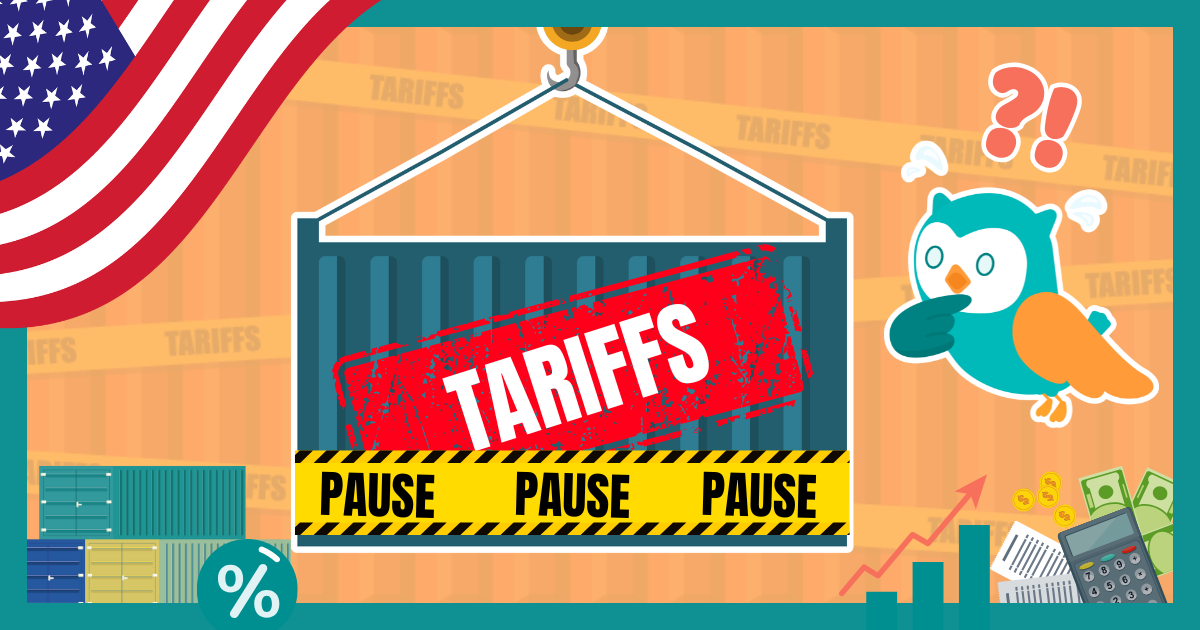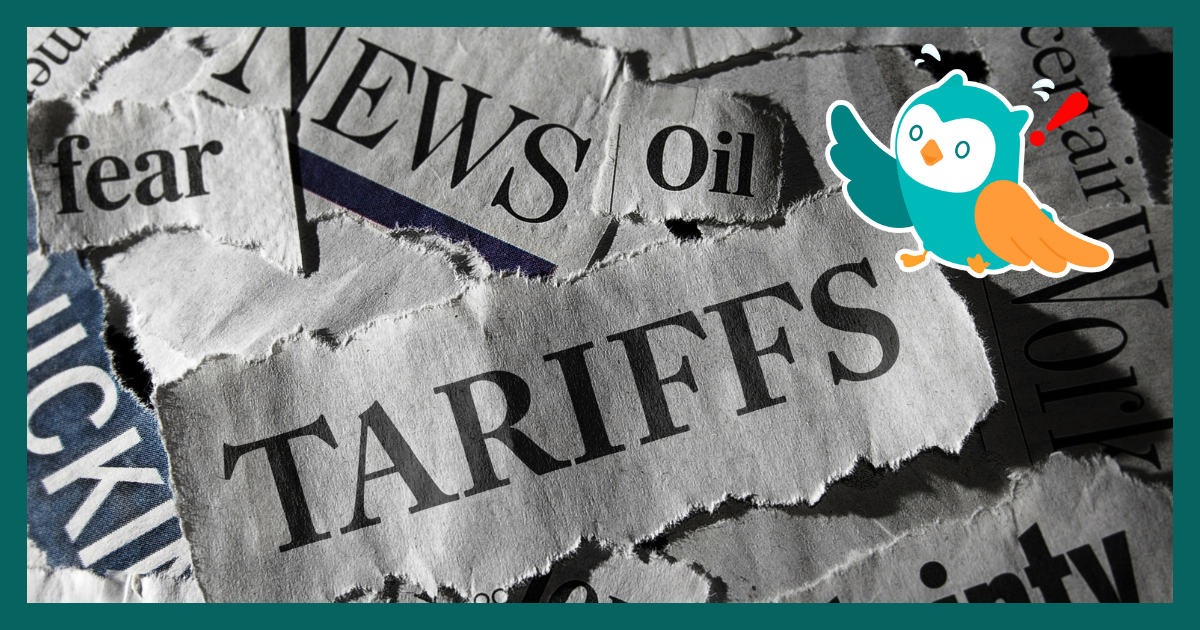Note: It was announced in November 2023 that MoneyOwl will be acquired by Temasek Trust to serve communities under a re-purposed model, and will move away from direct sale of financial products. The article is retained with original information relevant as at the date of the article only, and any mention of products or promotions is retained for reference purposes only.
______________
Find out why in the insurance principle, insurance is considered an expense and why it sets the foundation of our financial plans
For most of us, buying insurance isn’t exactly a conversation starter and for some, it could conjure up negative feelings, depending on how you think about insurance. Nevertheless, it is an important topic as it sets the foundation of our financial plans, and approaching insurance wrongly could set us up for future financial difficulties.
Hence, in this original MoneyOwl series on insurance planning, we will share 12 principles of buying insurance. These have been compiled from our years of experience providing financial advice to our clients.
Principle #1 Insurance is an expense
An expense is the money we pay to someone for an item or service.
When we buy the latest mobile phone, we exchange money for the item.
When get a haircut, we exchange money for the service provided.
How about insurance? What are we paying our insurance company for?
It certainly isn’t for the stack of documents which we don’t understand half the time.
In its truest form, we pay a small amount of money in exchange for a much larger lump sum should a remote event like death, disability or illness happen to us. For example, a 25-year old pays $1 a day in exchange for $1 million death benefit.
While the chance of these events happening is typically very small, the impact on lives can be extremely severe. From a mathematical point of view, the same 25-year old would have forgone a potential $2 million of income should he permanently lose his ability to earn.
Most of us do not have the financial resources today to replace our income many times over if we cannot work, so we ask the insurance companies to take over this risk from us. In a more abstract sense, we pay them for a safety net, one which we hope not to use at all.
Since insurance is an expense, money you pay in exchange for the safety net, as a value-minded Singaporean who is good at sniffing out bargains, you would want to spend the lowest amount possible to get the highest possible coverage, isn’t it?
That is what we believe in MoneyOwl too. Find out how you can optimise your dollar to get maximum coverage today here.




